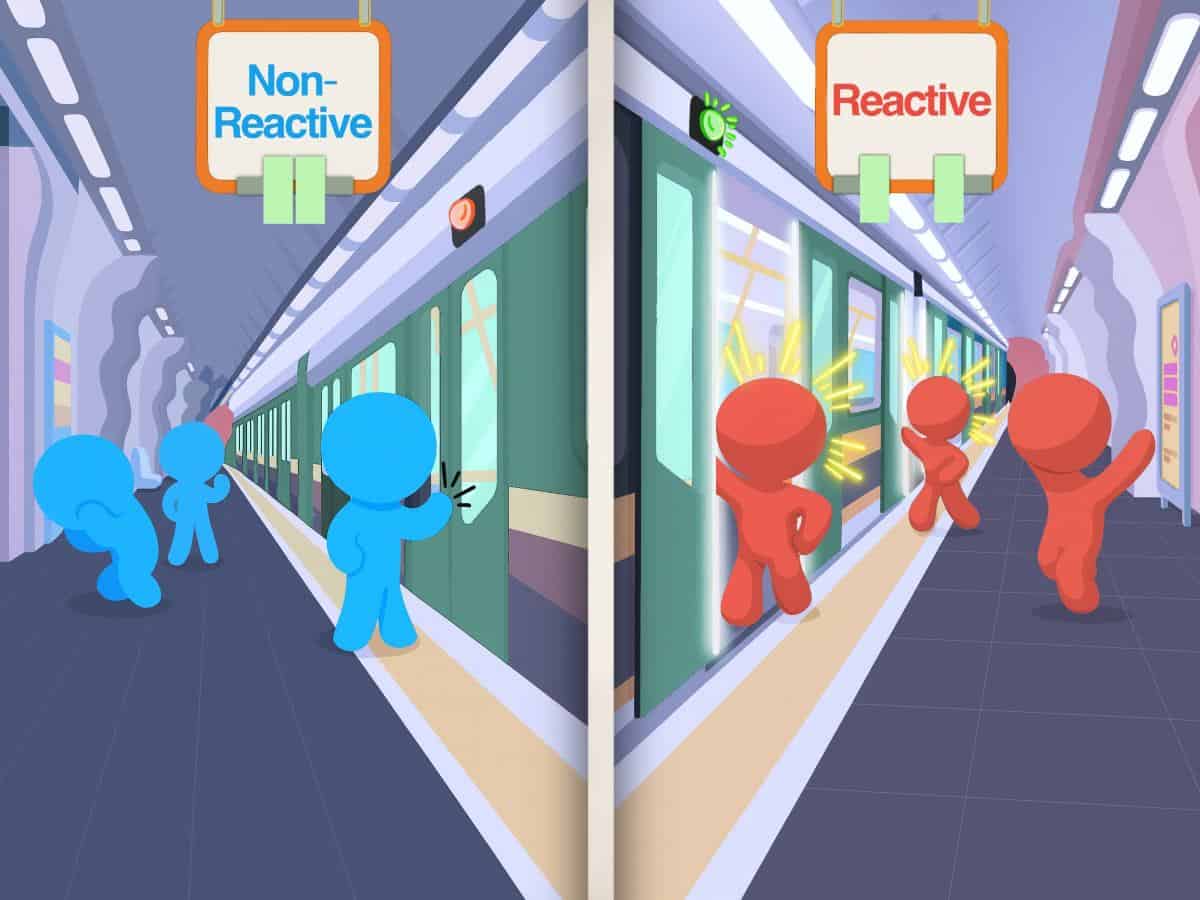Science
Researchers Develop New Framework for Gated First-Passage Processes

A team of researchers from India and Israel has developed a new mathematical framework aimed at analyzing gated first-passage processes, which are crucial in various scientific fields. This framework utilizes a concept known as renewal theory to simplify complex interactions, such as the binding of molecules to enzymes, which is fundamental in biological systems.
The phenomenon of gated first-passage processes can be illustrated through the movement of a molecule within a cell. In this scenario, the molecule aims to bind with an enzyme. However, the enzyme exists in two distinct states: a reactive state, where it can bind with the molecule, and a non-reactive state, where binding is not possible. Therefore, even when the molecule reaches the enzyme, it will only bind if the enzyme is in its reactive state at that precise moment.
This intricacy highlights the importance of both reaching a target and ensuring the target is in the correct condition for interaction. The term “gated first-passage process” encapsulates situations where an event can only occur if both conditions are satisfied. Such processes are relevant across numerous fields, including chemistry, biophysics, finance, and climate science.
Existing models have provided insights into simpler cases involving point targets, but challenges remain, particularly in more complex scenarios involving extended targets or thresholds. The research team set out to address these challenges by developing a new mathematical approach that breaks down complex processes into simpler, repeatable components.
Utilizing renewal theory, a branch of probability that studies events occurring at random intervals over time, the researchers demonstrated that their method could solve previously unresolved problems. Their findings reveal universal patterns in the timing of these processes and offer explanations for surprising effects that have posed significant challenges in the past.
The implications of this research extend to various real-world applications, including chemical reactions and intermittent data monitoring. The team’s work was published in the journal Rep. Prog. Phys. in 2024, underlining the significance of their findings within the scientific community.
By creating a robust framework that can simplify and clarify gated first-passage processes, the researchers have opened new avenues for understanding complex interactions in biological systems and beyond. This advancement not only enhances theoretical knowledge but could also lead to practical applications that improve monitoring and response systems in diverse scientific fields.
-

 World4 days ago
World4 days agoCoronation Street’s Shocking Murder Twist Reveals Family Secrets
-

 Entertainment4 months ago
Entertainment4 months agoKate Garraway Sells £2 Million Home Amid Financial Struggles
-

 Entertainment3 months ago
Entertainment3 months agoAnn Ming Reflects on ITV’s ‘I Fought the Law’ Drama
-

 Health3 months ago
Health3 months agoKatie Price Faces New Health Concerns After Cancer Symptoms Resurface
-

 Entertainment4 weeks ago
Entertainment4 weeks agoCoronation Street Fans React as Todd Faces Heartbreaking Choice
-

 World4 weeks ago
World4 weeks agoBailey Announces Heartbreaking Split from Rebecca After Reunion
-

 Entertainment7 days ago
Entertainment7 days agoTwo Stars Evicted from I’m A Celebrity Just Days Before Finale
-

 World7 days ago
World7 days agoKevin Sinfield Exceeds Fundraising Goal Ahead of Final Marathons
-

 Entertainment3 months ago
Entertainment3 months agoCoronation Street’s Carl Webster Faces Trouble with New Affairs
-

 Entertainment3 months ago
Entertainment3 months agoWhere is Tinder Swindler Simon Leviev? Latest Updates Revealed
-

 Entertainment4 months ago
Entertainment4 months agoMarkiplier Addresses AI Controversy During Livestream Response
-

 Science2 months ago
Science2 months agoBrian Cox Addresses Claims of Alien Probe in 3I/ATLAS Discovery





















